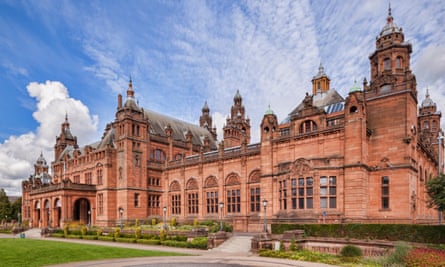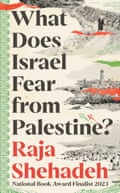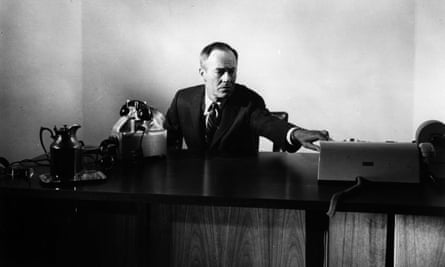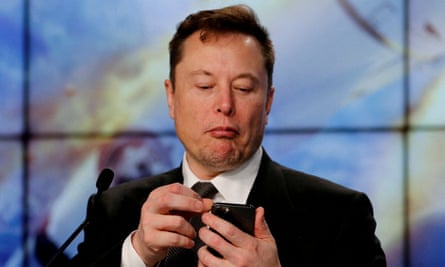Armando Iannucci was born in Glasgow in 1963. He began making satirical comedy programmes for the BBC in the early 1990s, producing On the Hour and co-creating The Day Today. He was central to the success of Alan Partridge with Steve Coogan. Other Iannucci creations include The Thick of It, Veep and The Death of Stalin. Now he has co-adapted Dr Strangelove for the stage featuring Coogan in multiple roles – it runs at the Noël Coward theatre from 8 October to 25 January. Iannucci lives in Hertfordshire with his wife, Rachel Jones, with whom he has three children.
1. Place
Kelvingrove Art Gallery and Museum, Glasgow

I grew up near this amazing museum and played there as a kid. It’s always had a great collection but I keep noticing new things – such as a gallery of paintings by the Scottish Colourists, a fantastic group of artists from the turn of the 20th century that I didn’t know much about (Leslie Hunter’s Old Mill, Fifeshire is a standout). It’s so refreshing to see the Scottish landscape celebrated and heightened like that. My kids were all born in England, but whenever we go up to Glasgow they always love going to Kelvingrove.
2. Podcast

To get to sleep I have to listen to podcasts and I’ve learned a lot of history in the process. This is the podcast that’s been fascinating me. It’s really well made and the host, Paul Cooper, has a very mellifluous voice. There’s something wistful about them, because they’re about how once-great civilisations declined, and maybe that’s what helps me descend into slumber. The one I remember was about the Khmer empire in Cambodia. Cooper describes what’s there now, the temples all covered by jungle, and then he tries to bring it back to life.

3. Book
What Does Israel Fear from Palestine? by Raja Shehadeh
My worry about the situation in Gaza is that a lot of people feel they can’t comment on it for fear of saying the wrong thing and then getting accused of being antisemitic or Islamophobic, and therefore we’re being made to stand by and watch this horrendous catastrophe take place. I think it’s important to read books from both sides, and this one is a very clear account of how Palestinian voices have been methodically silenced over the decades. I found it a valuable read. As well as talking through the history, Shehadeh is reaching out to Israelis and searching for some kind of dialogue.
4. Film
Fail Safe (dir Sidney Lumet, 1964)

When we started adapting Dr Strangelove, I was told that Kubrick was going to make it as a serious film but then decided that the only way to get the horror of the story was by doing it as a comedy – but also because another film being made at the same time was taking a serious approach. Lumet is one of my favourite directors and the film Fail Safe is amazing. There’s been a software malfunction that’s triggered a nuclear response, and the American president and the Soviet agencies are trying to stop it before time runs out. It’s terrifying and deeply shocking.
5. App
If you have a busy, stressful lifestyle, somebody at some point will tell you to do mindfulness. So I thought I’d download this mindfulness app. It’s weirdly quite stress-inducing because it keeps asking if you’ve done your mindfulness and charting how much mindfulness you’ve done this month and getting you to set targets for the month ahead. But I’m trying to stick with it and get up to 20 minutes. I think it helps to try to set aside some time of the day to just stop.
6. Social Media

I’m perversely fascinated by Musk’s X feed. He’s the richest person in the world and now one of the most influential, but he’s such a child, and arrogant with it, and that arrogance has turned what was a playful and informative social network into something where you genuinely do not know whether anything you’re reading is true. I’m fascinated by how someone like that can feel that what he’s doing is responsible. But I’m still clinging on. It’s like a house where there’s a hole in every ceiling and the rain’s coming in, but you’re not moving because you still quite like the furniture and the place has memories.
